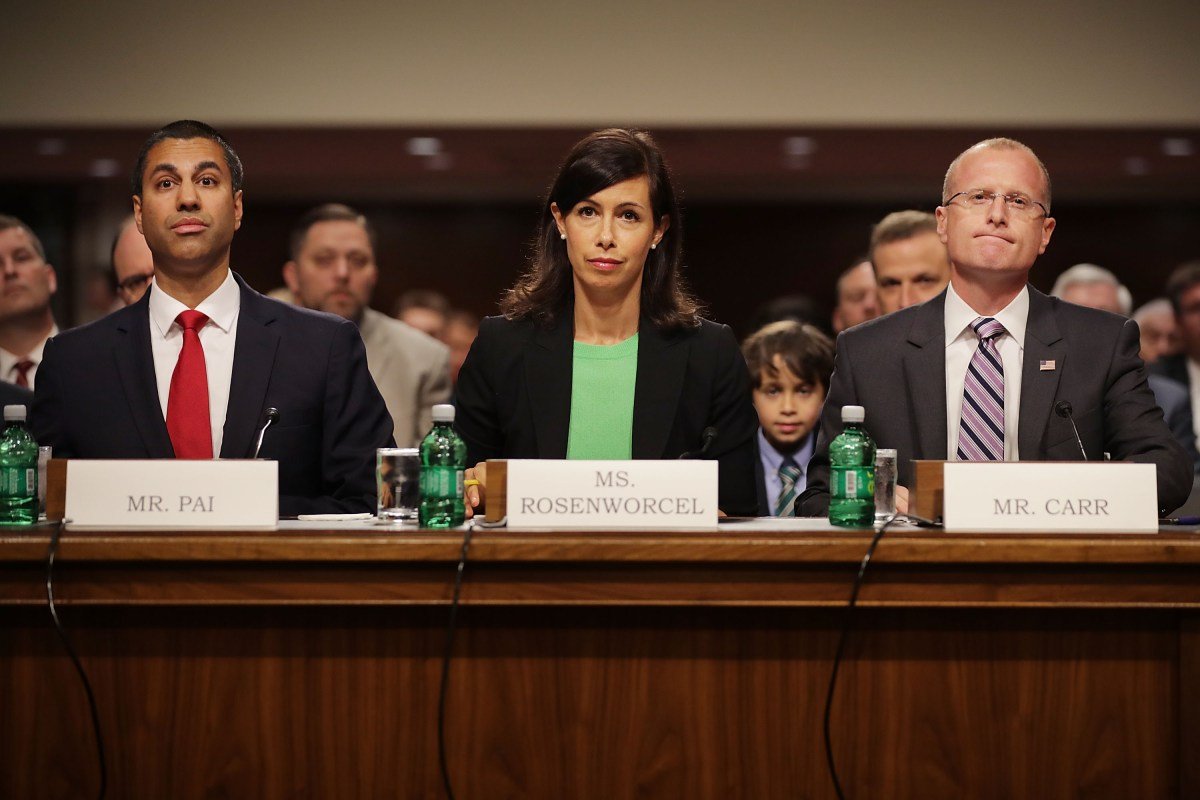On Wednesday, Federal Communications Commission (FCC) Chairwoman Jessica Rosenworcel made a groundbreaking announcement – plans to vote on rules that would restore net neutrality. After being repealed by President Trump’s FCC two years ago, the vote, set for April 25th, aims to reinstate the 2015 internet rules adopted under President Obama. This decision follows Rosenworcel’s long-standing advocacy for net neutrality and her belief that the previous administration had placed the FCC on the “wrong side of history, the law, and the public.”
“The importance of broadband internet access has been reaffirmed by the ongoing COVID-19 pandemic,” stated a senior FCC official during a media conference this morning. They continued, noting that national security threats have also emphasized the need for strong oversight.
Net neutrality has a unique opportunity to garner support from both sides of the political spectrum. In a 2022 poll conducted by the University of Maryland’s Program for Public Consultation, 82% of Democrats, 65% of Republicans, and 68% of Independents expressed their support for restoring net neutrality.
However, opponents of net neutrality argue that the rules discourage investment in telecommunication technologies and are a form of government overreach. Senator John Thune of South Dakota criticized proposals to reinstate the rules, calling them “a heavy-handed government solution in search of a problem.” Thune, a Republican, added, “The Biden FCC wants to use the idea of net neutrality as a cover to assert broad new government powers over the internet, using rules that were designed for telephone monopolies during the Great Depression.”
In response, FCC officials pointed out that investments actually increased after the rules were adopted in 2015. Speaking on behalf of the committee during Wednesday’s media call, a representative stated that the FCC is not interested in regulating speech online. On the contrary, they believe that such rules actually promote free speech by taking it out of the hands of internet service providers (ISPs).
“After the previous administration relinquished authority over broadband services, the FCC has been unable to act to fully secure broadband networks, protect consumer data, and maintain a fast, open, and fair internet,” Rosenworcel explained in a prepared statement. “Returning to the overwhelmingly popular and court-approved standard of net neutrality will allow the FCC to once again advocate for consumers and an open internet.”
However, there is a more challenging issue at hand – how to solidify these rules. If they are implemented, it would be the third time in as many administrations that the policies have been reversed. If President Trump is reelected in November, how can the current officials ensure that they won’t have to revisit this issue again? The FCC was unable to provide a satisfactory answer, stating only that they believe they are legally in the right and have a mutual hope that this will be the final time the committee needs to address net neutrality.








